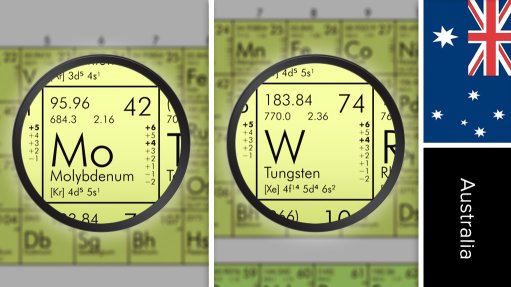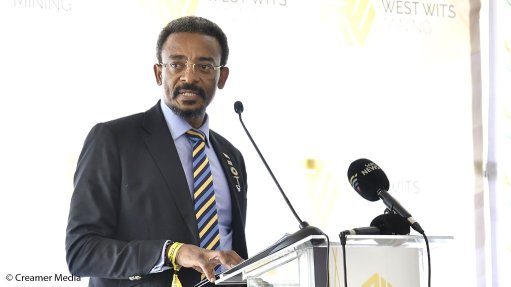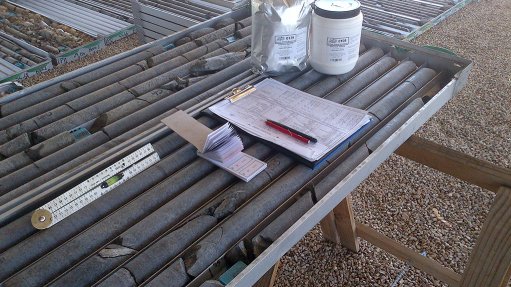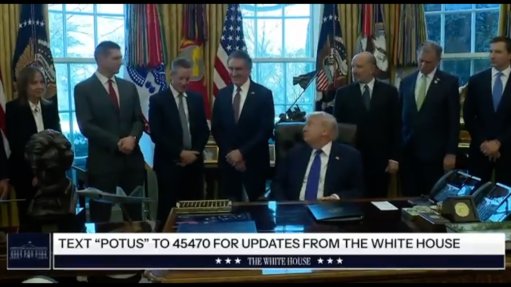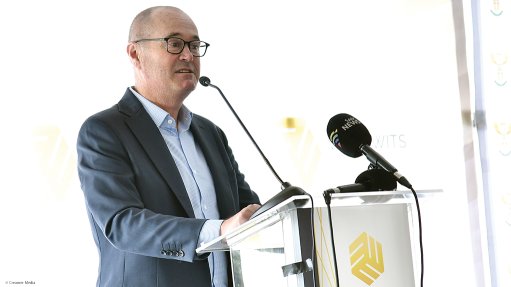Gas industry gearing up for growth

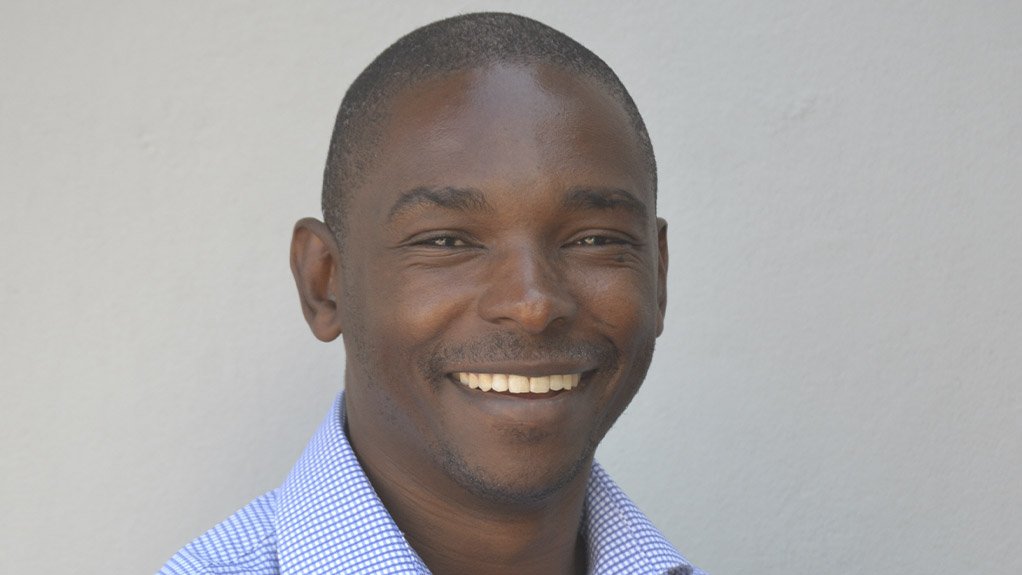
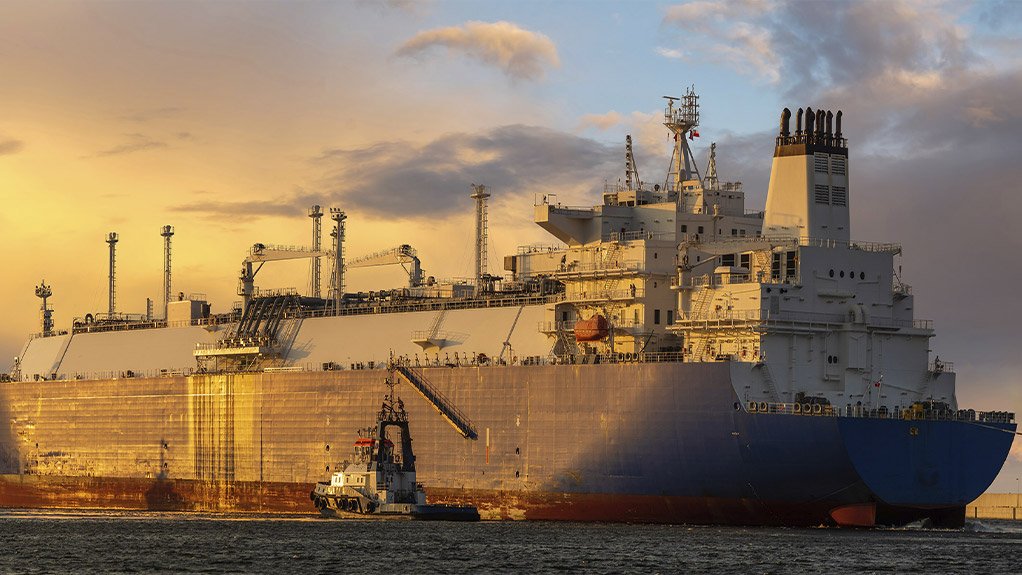
MARTIN MKHABELA The biggest constraint to the gas programme in South Africa has always been the availability of gas volumes to support the future growth of the industry
LNG TANKER The TNPA’s decision is significant because South Africa will require imported LNG from international markets to grow its gas industry
Decisions and announcements made last year by a number of State-owned entities have inched South Africa closer to the implementation of a successful gas-to-power programme, says engineering consultancy WSP regional director Martin Mkhabela.
The first announcement was made in August 2021, when the Independent Power Procurement (IPP) Office of South Africa published a procurement schedule that showed the procurement of 3 000 MW of gas-fired power plants, scheduled for the release of a Request for Proposals (RFP) this year, he adds.
Following this announcement, the IPP Office released a RFP in February 2022 for a transactional adviser to support the IPP Office in the gas-to-power programme
“To many in the gas industry, this is a signal that the wheels are turning and that government is moving forward with the creation of an enabling environment for a vibrant gas industry in South Africa,” says Mkhabela.
If the transactional advisors for the IPP office gas-to-power programme are appointed before the end of June 2022, we estimate the request for proposal for the gas-to-power programme could potentially be advertised before the end of 2022 and the preferred bidders appointed before the end of 2023.
Then, construction and financial close for the gas-to-power programme are likely to be towards the end of 2023 or beginning of 2024, in order for gas infrastructure and gas-fired power plants to reach commercial operation by 2026, he adds.
The proposed timelines and the size of demand that will be created through the gas-to-power programme will be sufficient to enable the development of gas infrastructure in the Port of Richards Bay and the Port of Ngqura paving the way to the importation of liquified natural gas (LNG) into South Africa says Mkhabela.
The second significant decision and announcement that enables the successful implementation of the gas to power programme in South Africa was made by the State-owned port utility Transnet National Ports Authority (TNPA)
“Early this year, TNPA issued a request for information (RFI) to the market for a terminal operator to build, own and operate a LNG terminal in the Port of Richards Bay, in KwaZulu-Natal, and the Port of Ngqura, in province Nelson Mandela Bay,” he explains.
This RFI is the first step towards the procurement process of appointing a terminal operator for importing LNG to Richards Bay in KwaZulu-Natal, and Coega, in the Eastern Cape.
The TNPA’s decision is significant because South Africa will require imported LNG from international markets to grow its gas industry, says Mkhabela.
The third significant decision was made by the Mozambique government, which granted a concession to BGC – a consortium between industrial gas supplier Gigajoule and oil and gas company Total – to import LNG to Maputo.
The biggest constraint to the gas programme in South Africa has always been the availability of gas volumes to support the future growth of the industry, explains Mkhabela.
The strides made in the gas-to-power programme have been significant and they will not only stimulate the growth of the gas sector in South Africa but also promote economic growth and job creation over the next decade, adds Mkhabela.
“The shortage of power generation in South Africa is the biggest stumbling block to economic growth. A number of industrial and commercial developments that could attract billions of rands in foreign direct investment and create thousands of jobs have been stifled, owing to the unavailability of additional power generation.”
The programme will produce enough power to plug the current gap in power generation, produce additional power for growth and support the development of the renewable-energy sector by providing power generation when the sun is not shining and the wind not blowing, he concludes.
Article Enquiry
Email Article
Save Article
Feedback
To advertise email advertising@creamermedia.co.za or click here
Press Office
Announcements
What's On
Subscribe to improve your user experience...
Option 1 (equivalent of R125 a month):
Receive a weekly copy of Creamer Media's Engineering News & Mining Weekly magazine
(print copy for those in South Africa and e-magazine for those outside of South Africa)
Receive daily email newsletters
Access to full search results
Access archive of magazine back copies
Access to Projects in Progress
Access to ONE Research Report of your choice in PDF format
Option 2 (equivalent of R375 a month):
All benefits from Option 1
PLUS
Access to Creamer Media's Research Channel Africa for ALL Research Reports, in PDF format, on various industrial and mining sectors
including Electricity; Water; Energy Transition; Hydrogen; Roads, Rail and Ports; Coal; Gold; Platinum; Battery Metals; etc.
Already a subscriber?
Forgotten your password?
Receive weekly copy of Creamer Media's Engineering News & Mining Weekly magazine (print copy for those in South Africa and e-magazine for those outside of South Africa)
➕
Recieve daily email newsletters
➕
Access to full search results
➕
Access archive of magazine back copies
➕
Access to Projects in Progress
➕
Access to ONE Research Report of your choice in PDF format
RESEARCH CHANNEL AFRICA
R4500 (equivalent of R375 a month)
SUBSCRIBEAll benefits from Option 1
➕
Access to Creamer Media's Research Channel Africa for ALL Research Reports on various industrial and mining sectors, in PDF format, including on:
Electricity
➕
Water
➕
Energy Transition
➕
Hydrogen
➕
Roads, Rail and Ports
➕
Coal
➕
Gold
➕
Platinum
➕
Battery Metals
➕
etc.
Receive all benefits from Option 1 or Option 2 delivered to numerous people at your company
➕
Multiple User names and Passwords for simultaneous log-ins
➕
Intranet integration access to all in your organisation









